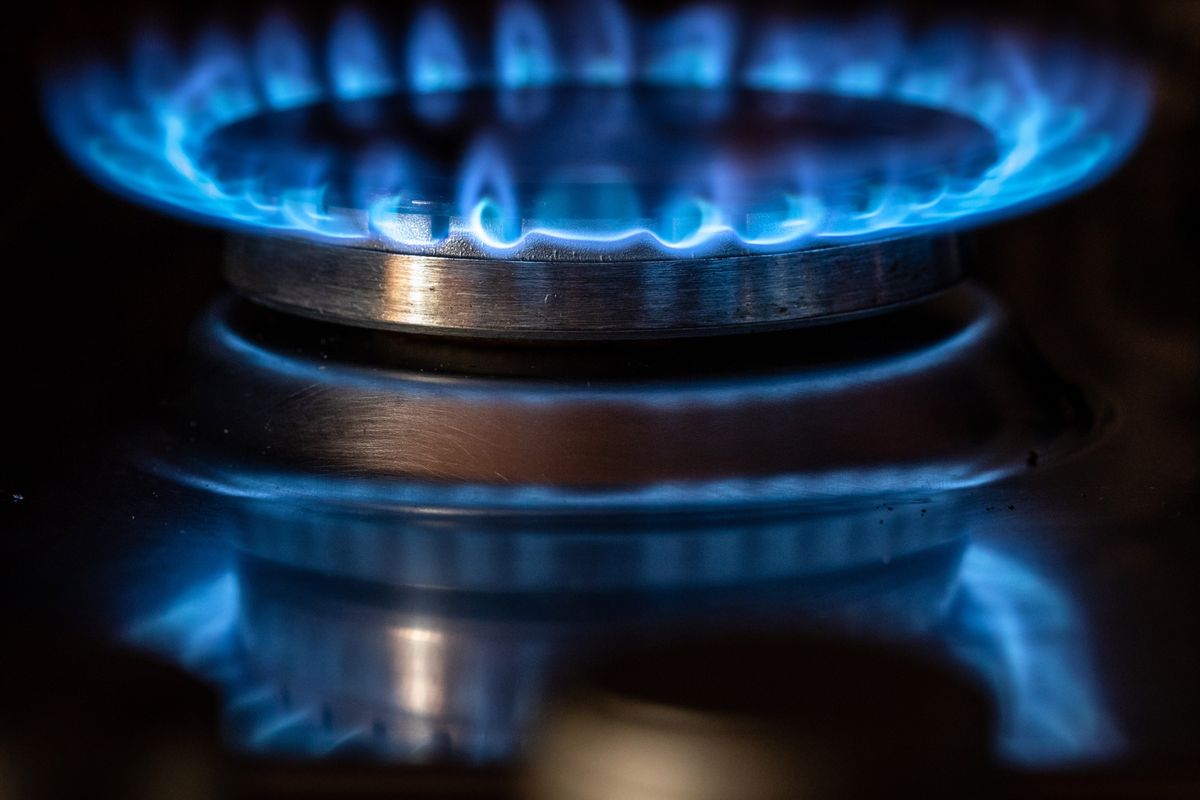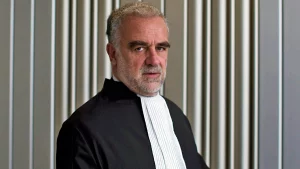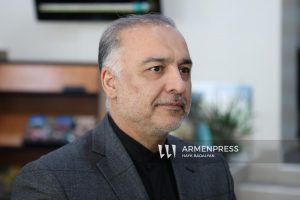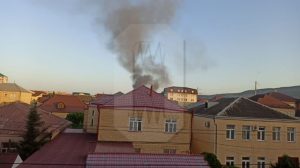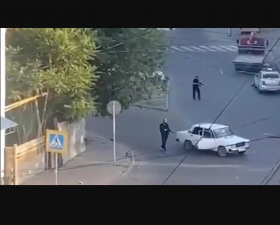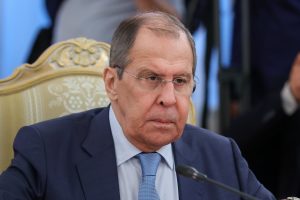According to the results of June, for the first time in its history, the European Union imported more liquefied natural gas from the United States than received gas from Russia through the pipeline, the head of the International Energy Agency (IEA), Fatih Birol said. He also urged the EU countries to work towards reducing demand and prepare for a harsh winter, “Voice of America” reports.
With tough economic sanctions imposed on Russia after its invasion of Ukraine, the EU is moving towards phasing out Russian energy sources and finding other sources of imports. Birol called the return to more intensive use of nuclear energy a possible solution to the problem, but emphasized that this issue depends on the decision of the governments of European countries.
For example, after the accident at the Fukushima nuclear power plant in Japan in 2012, Germany decided to completely abandon nuclear energy. Now, only three of the 19 nuclear power plants that operate in Germany remain, and they are in the process of being decommissioned. Before the beginning of the Russian-Ukrainian war, they were planned to be closed until the end of 2022, but now the German Ministry of Energy is facing the question of returning to their use.
In June, “Gazprom” reduced the volume of gas transited to Europe through the “North Stream” pipeline by 40%, explaining this by problems related to the repair of foreign equipment under sanctions. German Chancellor Olaf Scholz and German Energy Minister Robert Habeck described Gazprom’s decision as political and “gas blackmail” by which Russia is fighting against the European Union, which supports Ukraine.
The USA, on the other hand, significantly increased supplies to Europe compared to last year. As Bloomberg reports, in January-April of this year, they supplied more liquefied gas to Europe than during the previous year.
On Friday, it became known that the operator of the “North Stream” gas pipeline announced its closure for maintenance purposes from 11 to 21 July. During that time, gas will not be supplied through the gas pipeline. This happens every year, but this year there is a fear in the EU that gas pumping may not resume after the preemption for political reasons.

